Politics Can be a Science

Politics can be treated as a science (political science), but it must always seek data that can be confirmed by our senses (empirical evidence).
Social science is the study of relationships within a society including economics, political science, and more. Many social sciences like philosophy are also considered humanities (the study of culture).

Politics can be treated as a science (political science), but it must always seek data that can be confirmed by our senses (empirical evidence).
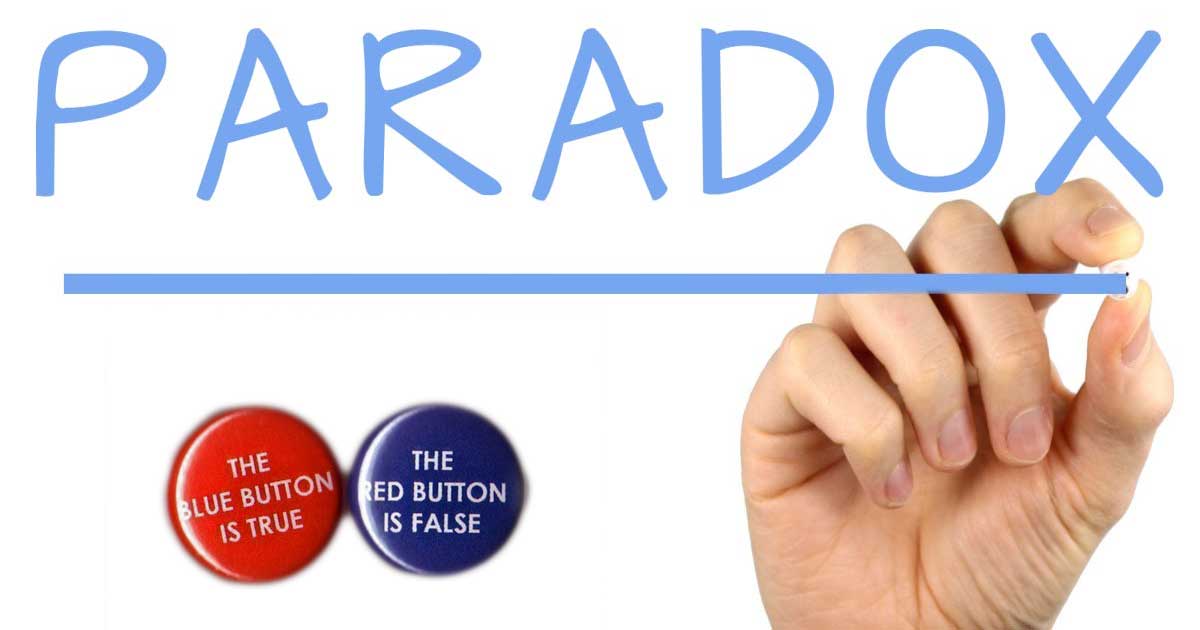
In practice, human action often has paradoxical or unintended effects. Sometimes effects or side effects even have the exact opposite effect as intended.
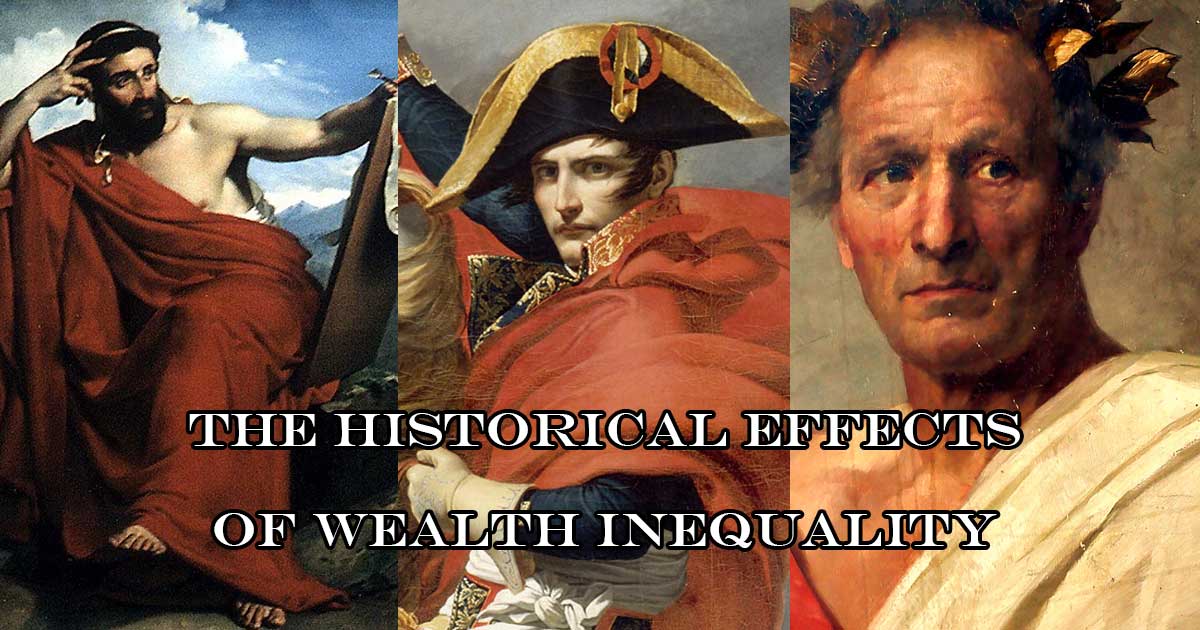
We examine the historical effects of social, political, and economic inequality on society to see how it has led to social unrest and events like revolutions and populist uprisings.
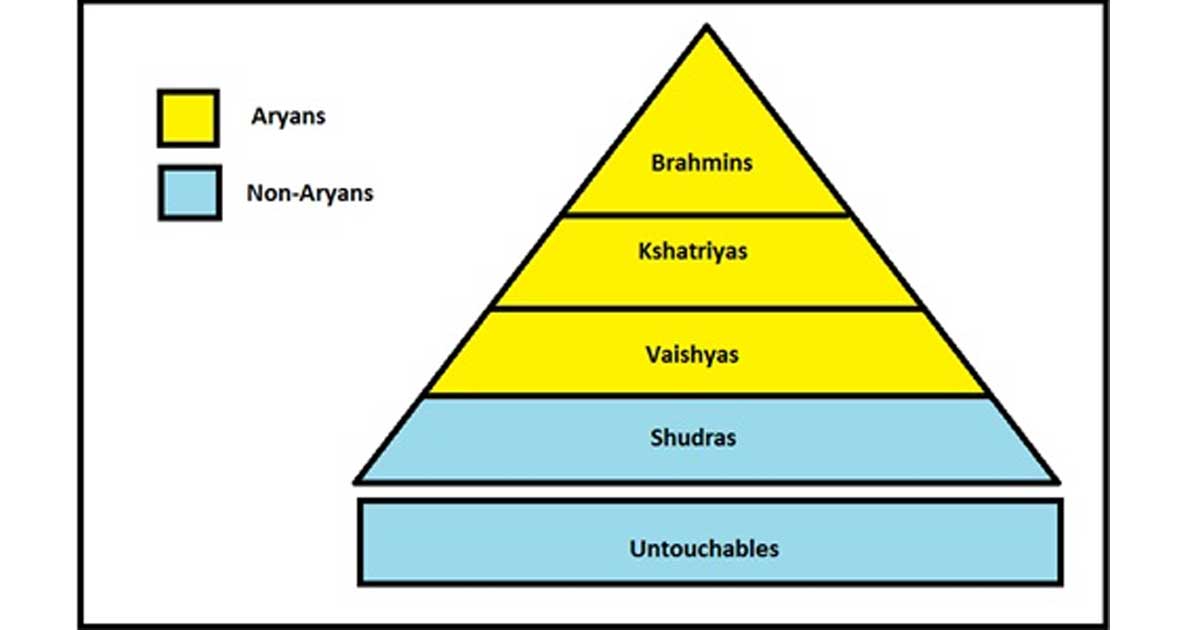
India’s caste system is a class system based on birth. These classes, or “Varnas”, are: Brahmins (priests), Kshatriyas (ruling and military), Vaishyas (merchants and farmers), Shudras (peasants), Dalits (untouchables).
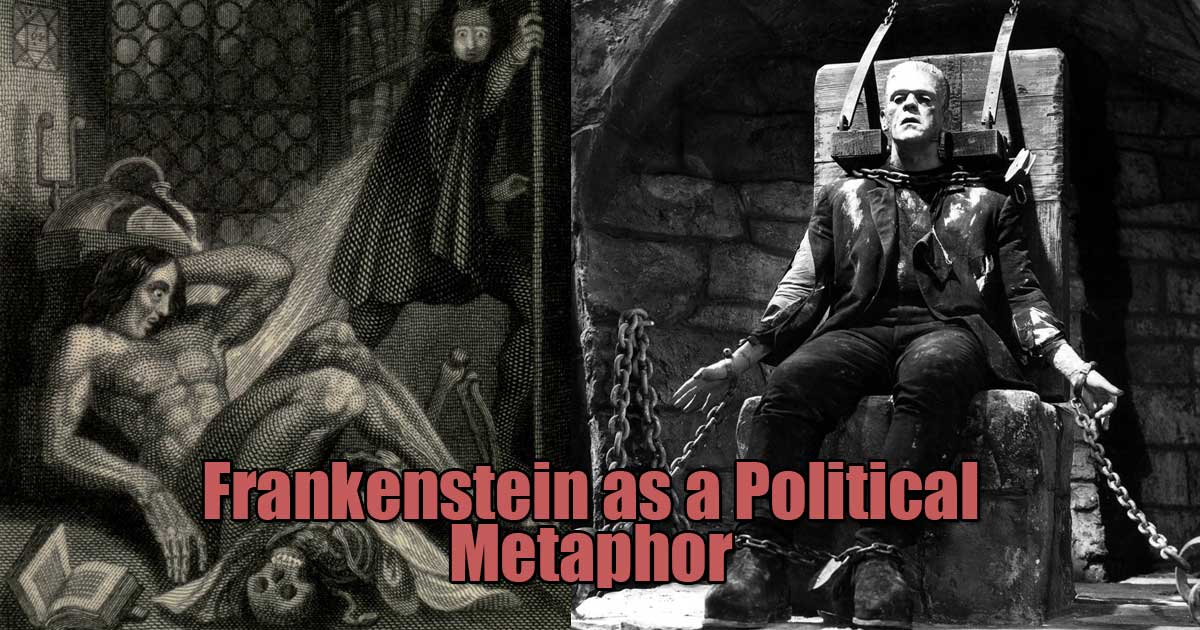
Mary Shelley’s Frankenstein (1818) can be read as a political metaphor where Dr. Frankenstein and his monster represent the philosophies and attitudes of the liberal revolutionaries, specifically those of the French Revolution and ensuing “Reign of Terror.”
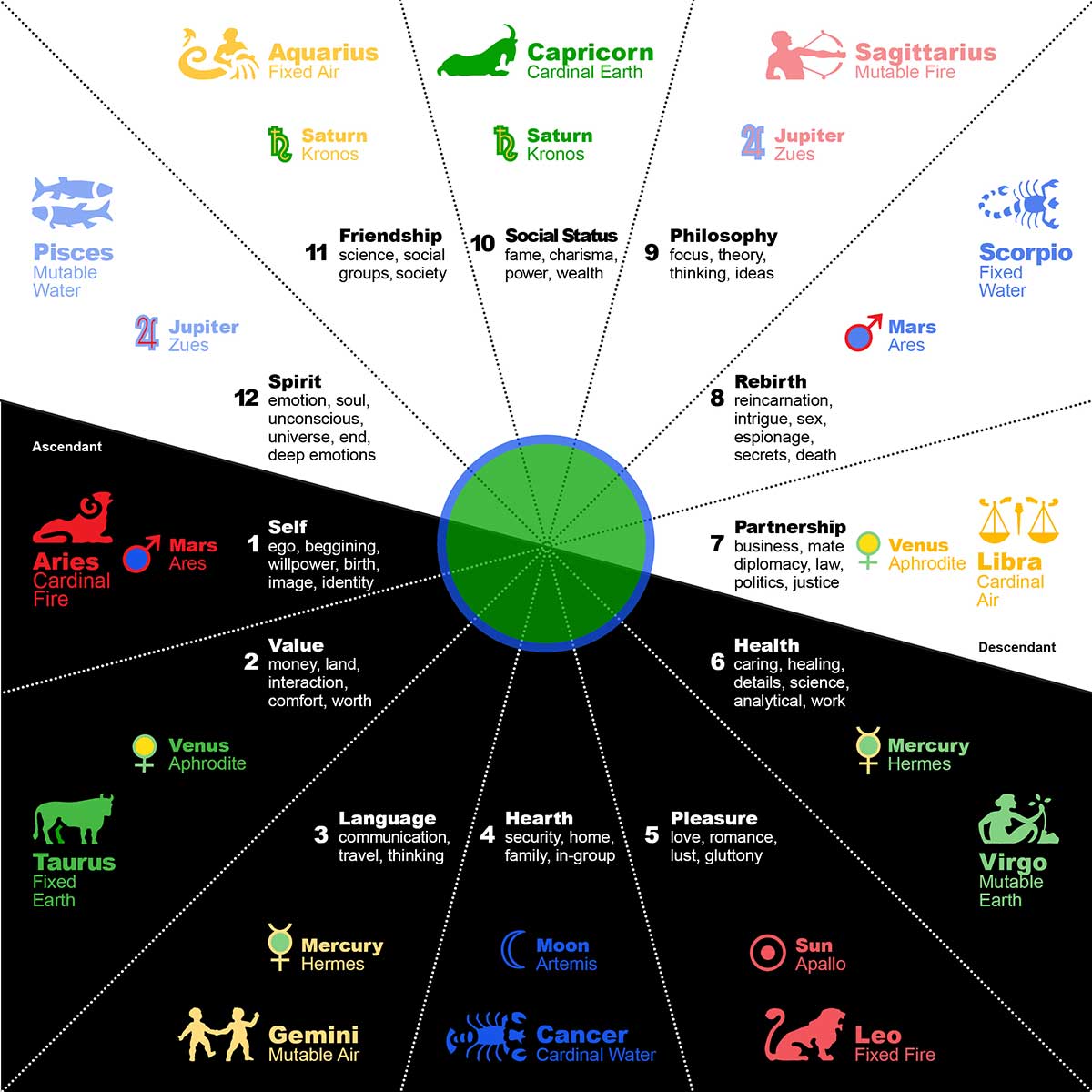
Western Classical Element Theory can be seen as a metaphor the human condition where fire is will and action, air is reason, water is the passions and spirit, and earth is the physical.

Jean-Jacques Rousseau’s concept of the General Will roughly means “that which is in the best interest of the people” or “the public good”, and not just popular consensus.
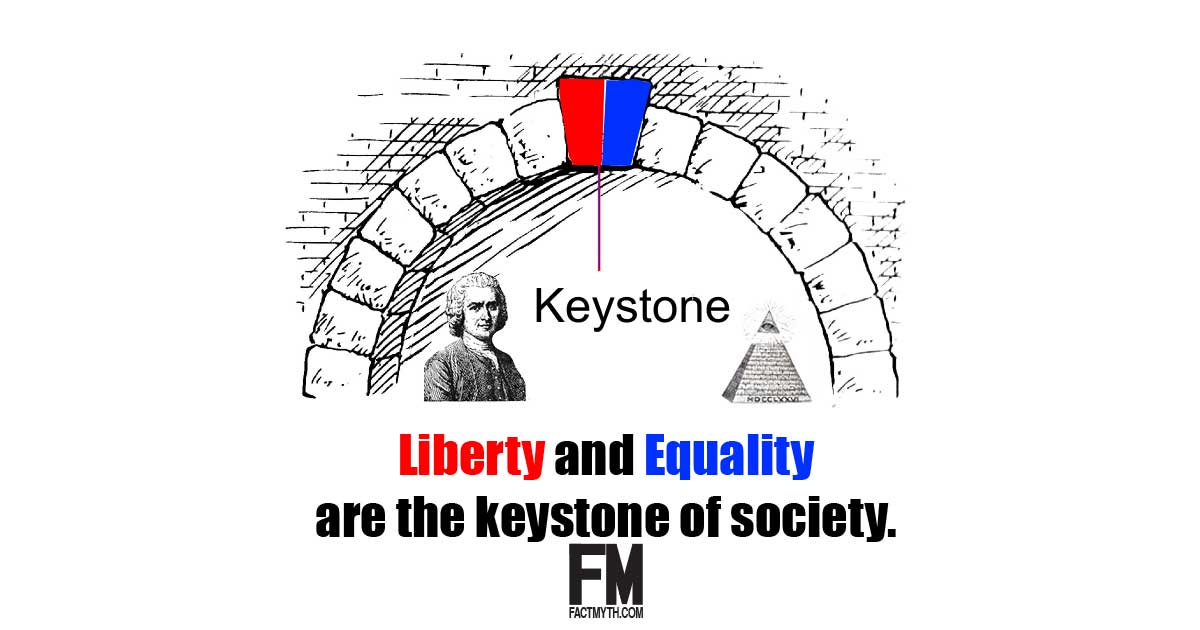
We present an essay on the purpose of the laws and government to better understand how liberty, rights, equality, and justice are inseparable in nature and in civil society.

Villains tend to have mustaches, not because facial hair is evil, but because despots style themselves after other despots.
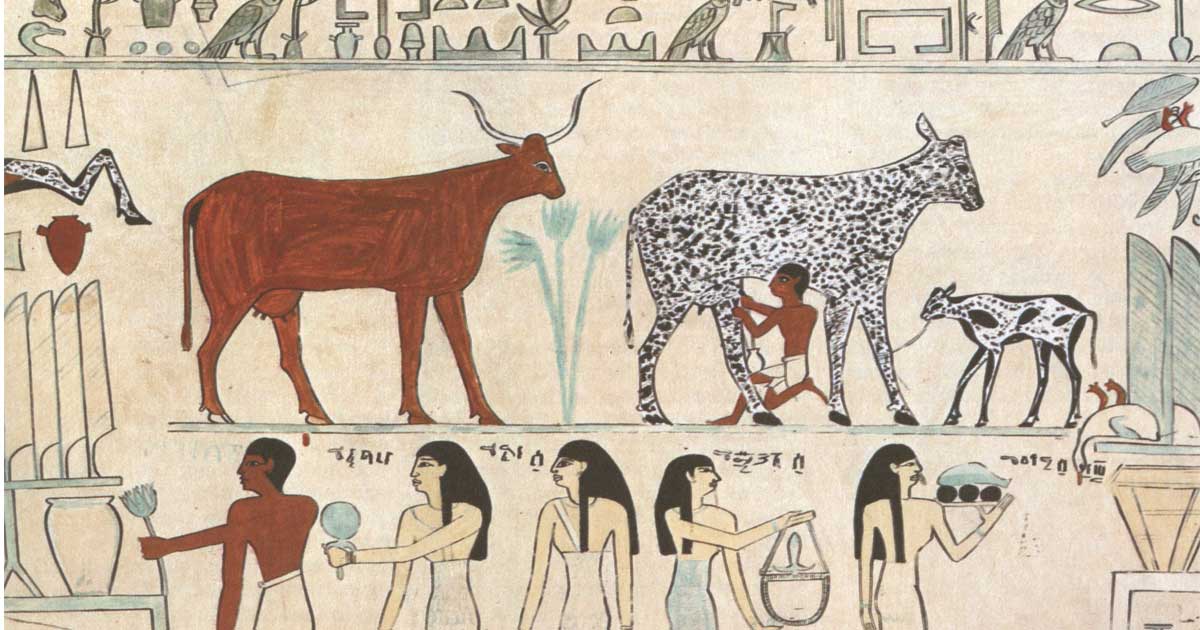
Naturally occurring social systems are systems that naturally arise when societies form, such as politics, economics, mathematics, and language.